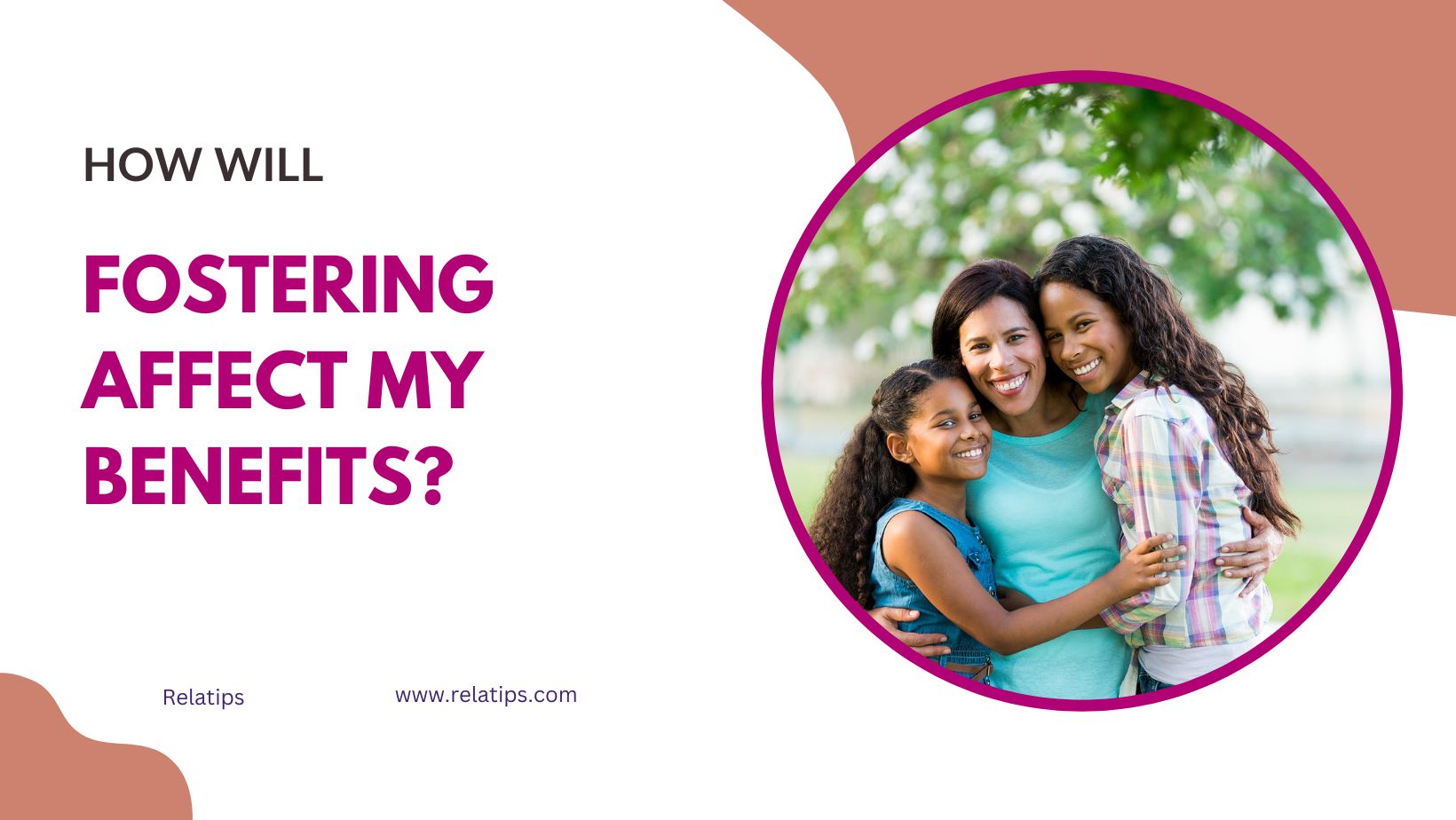Children living in foster care often have complex emotional and medical needs, including support after having experienced abuse or loss of parental care.
Reuniting children with their birth parents should always be the ultimate goal, however this may not always be possible. When this is not possible, youth may receive disability or survivor benefits to provide some financial stability during this process.
Social Security Benefits
Foster children may qualify for additional funds through the Social Security Administration (SSA) to cover food, clothing and shelter costs. Foster children can also qualify for Social Security Income Disability or Survivor benefits based on their needs.
Many state agencies utilize these funds to pay for foster children; however, child advocates argue this practice should change; rather than assigning these funds directly to foster parents for payment of foster children, the agency should work together with families in finding other ways of using or investing these funds, such as saving them for the future or purchasing necessary items.
A spokesperson from the Social Security Administration (SSA) shared that their system for overseeing foster care agencies that receive children’s Supplemental Security Income benefits is in place and reviewed every four years, typically including interviews with children and others involved with them regarding how the money is being used and to make sure income exceeds limits that qualify them for eligibility.
SSI Benefits
Foster care children may qualify for Supplemental Security Income benefits from the Social Security Administration (SSA). These funds are meant to aid with disabilities. In order to receive these funds, the SSA will review medical records and use Blue Book guidelines to assess whether or not their condition is permanent and disabling.
The Social Security Administration will take into account a child’s financial status as part of its consideration for foster placement. They will evaluate any income or assets the child may possess, such as foster parent income or any other sources of revenue that they might receive.
Young adults who were fostered as teens often find it difficult to make ends meet once they leave foster care, with former foster youth such as Cornelius Levering having to walk more than 12 miles each way because he could not afford gas for his car. Youth advocates are pushing for legislation which prevents states from taking foster children’s money for public expenses; requires every foster child and their lawyer be regularly informed when state authorities take Social Security payments; and offers protected trust accounts where these funds may remain until adulthood.
SSI Requirements
Foster care children who are disabled or suffering from long-term illness may qualify for Supplemental Security Income from the Social Security Administration (SSA). To qualify, children must fulfill specific medical criteria; similar to welfare but needs-based. To apply for this program, visit your local Social Security office and submit an application.
Foster children receiving Supplemental Security Income benefits often reside in residential care or treatment facilities, and an SSI advocate may wish to interview foster parents and/or their CPS or foster care agency caseworker in order to gather more information regarding the child’s medical condition and functional impairments. In such instances, an interview could require signing a release of information form either party involved.
Foster parenting applicants must undergo a home study. A state worker will conduct this detailed inspection of their family environment to make sure it’s safe and suitable to care for a foster child, with typically 10 visits occurring throughout this process.
SSI Disability Benefits
SSI benefits are designed to offer disabled children financial support. This money can help them purchase necessary equipment, pay for medication and assistive devices as needed, meet other needs as they arise, as well as cover living costs and food expenses associated with living with disabilities.
Foster carers with low incomes may qualify for certain benefits such as working tax credits, Disability Living Allowance (DLA), Carers Allowance or the Child Maintenance Payment scheme. If you were already receiving these benefits prior to fostering, these will continue to be counted as income without regard for profits from foster caring activities; however as Universal Credit takes its place and their rules stipulate any profit made through foster caring will now count toward your total income.
Foster youth often experience difficulty as adults. Many experience homelessness, trafficking or incarceration as life outcomes; an unanswered 2003 U.S. Supreme Court decision left unclear whether the federal government must protect these kids from states taking away their Social Security benefits. One suggestion would be establishing an umbrella fund that manages foster children’s funds.
SSI Death Benefits
Foster children often require extensive care, particularly those with disabilities or trauma histories who require long-term assistance. Unfortunately, this can be costly, leading many current or former foster youth to have poor outcomes as adults – such as homelessness, trafficking or imprisonment.
UK governments recognize the value of foster parenting and have provided tax breaks to encourage people to become foster parents. Payments made as foster care don’t count against your income when calculating eligibility for means-tested benefits like income support, child tax credit or housing benefit.
Foster children may qualify as dependents for tax filing purposes and higher standard deductions if you claim them as such, however reimbursements or money from agencies paying for care cannot be claimed as dependents; expenses incurred through education could qualify you for American Opportunity Tax Credit relief as this credit provides tax relief to low- and moderate-income working individuals.

